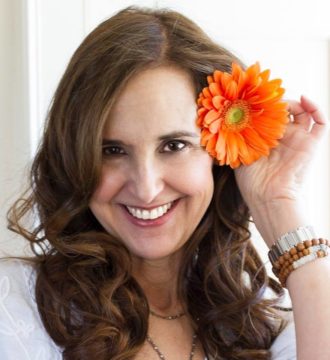More single women are now buying and owning property than single men. And their ranks are swelling.
That’s right, ladies are becoming landlords, or just buying for themselves.
In 2017 — the most recent year that data was recorded — 18 percent of U.S. homebuyers were single women, whereas single men accounted for just 9 percent of the market, says Jessica Lautz, vice president of demographics and behavioral insights for the National Association of Realtors (NAR), Chicago.
In fact, the percentage of single women buying homes has risen for the past three years. It is up from 11 percent back in 1981, according to NAR.
It’s great progress, but to secure their futures and boost their investment portfolios, younger women need to take the property plunge. The median age for single women buying homes in 2017 was 55 years old, versus 46 years old for single male buyers, according to Kathryn Coursolle, an economist with Zillow.com.
The good news? Women real estate investors are conservative and practical. They don’t overbuy.
“Women are not going to max out their debt-to-income ratios and guys will,” says Philip Ganz, senior loan officer with Fairway Mortgage in Boston, Mass. “Women have the reputation for being shopaholics, but it’s not true. Guys who can’t afford their mistresses made that up.”
A debt-to-income ratio, or DTI, compares monthly expenses and debts to how much you earn. It helps determine the size of loan a lender will extend to you.
“Women now understand that financial freedom is their equality,” says Courtney Poulos, owner and broker at ACME Real Estate in Los Angeles. “It’s the only thing that really talks. The minute you empower yourself to make big financial decisions you become the driver of your life.”
Take the Purchase Plunge
Are you looking to buy your first piece of property or ready to buy your first home solo? Here are five great tips from our experts:
Tip 1: Be a fly on the wall. If you’re new to buying real estate, “see if you can participate in a friend’s property-buying process and shadow them,” recommends Ganz. That way you’ll see the all the steps of the deal. Ganz says it’s a great way to learn and “men would never do it … they can’t ask for advice.”
Tip 2: Look at up-and-coming neighborhoods and buy for yourself or for an investment. “There are now many more single women who are buying homes either for an investment or for their personal use,” says Christine McCarron, a
RE/MAX Unlimited agent in Brookline, Mass. “There are historical perspectives on neighborhoods in Boston that are no longer valid,” adds McCarron. “I encourage women to spend a weekend in a neighborhood they’re considering. Go to the shops and eat in the restaurants.”
Tip 3: Keep your emotions in check. Evaluate a potential property purchase based on value, including location, prices of comparable homes, possible income (if you’re buying a rental) and condition. “Women want to fall in love with the place,” but you should look at a house as an investment, says Melanie Fleet, an agent with
KW Chestnut Hill, Newton Centre, Mass.
Tip 4: Know what you can afford, get pre-qualified for a loan and research tax deductions. “Get pre-approved for a mortgage early in the process. Then drive around and visit open houses to see how far your money goes,” advises Poulos. She also tells potential buyers to talk to an accountant and find out exactly how much of your mortgage interest payments and property taxes will be tax deductible (recent income tax law changes have affected these deductions).
Tip 5: Get advice, but not too much, and understand the appreciation potential of a property. “The biggest mistake women make is asking too many people for their opinions and their guidance. They’re afraid of making the wrong decision,” says Poulos. The danger is too many opinions can lead to analysis paralysis. Get expert advice and then act. She also advises women to remember that they’re leveraging the bank’s money to make a long-term investment. “You’re moving your money (down payment, monthly payments and maintenance costs) from your bank account to the bank account of your house,” says Poulos. “The property’s appreciation is the interest you’re making on the house. And, the bank is taking a bigger risk than you are.”



 3 min read
3 min read
